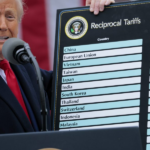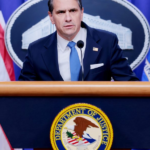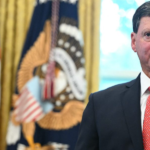Nearly everyone agrees: Accounting has a talent shortage problem.
CFO Brew spoke with Megan Weis, Personiv’s VP and general manager of FAO services, to break down the survey findings and discuss the reasons behind the ongoing shortage.
Here’s the situation. According to the survey of more than 250 finance and accounting leaders, organizations on average had five open finance or accounting positions, up from an average of two open positionsin the 2024 survey. Half the respondents said it takes their organizations 60 days or more, on average, to fill those open roles.
Weis said organizations are responding by automating certain processes, increasing salaries and benefits, and offering more flexible work arrangements. She remembered working 80-plus hours a week during the busier times of year when she started her career as an auditor in 1998.
“I do think companies are doing a better job of valuing work-life balance,” Weis told us. “Since Covid, a lot of work arrangements have become flexible, which I think helps people balance their career with their life.”
“It’s really like the backbone of business,” Weis said of accounting. “And these days it’s not just a backward-looking profession. For years it was all about just reporting things that had happened, and these days it’s more about looking forward, and setting goals and direction for a company.”
Even for those who didn’t believe the hype (or whatever the opposite of hype is) that accounting was boring, it hasn’t exactly been the easiest to get into the profession. Weis noted that the “150-hour rule,” which requires an additional year of college to obtain CPA licensure, is a barrier for would-be accountants. “A lot of people don’t want to spend another year [and have] to go into more debt,” she said.
“I just think the reputation of accounting hasn’t caught up to that yet,” Weis said.









